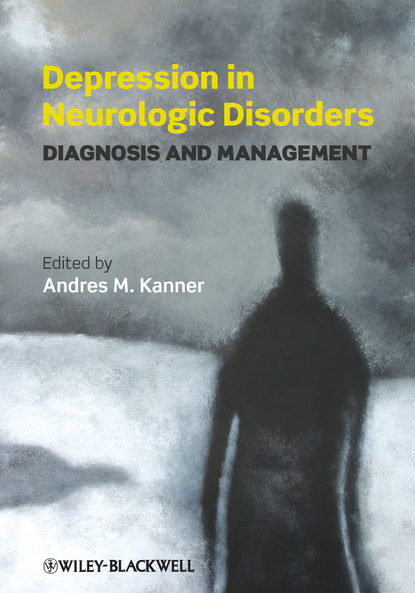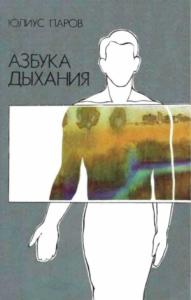
Depression in Neurologic Disorders. Diagnosis and Management скачать fb2
Andres Kanner - Depression in Neurologic Disorders. Diagnosis and Management краткое содержание
Depression in Neurologic Disorders Diagnosis and Management Edited by Andres M. Kanner, MD, Professor of Neurological Sciences and Psychiatry, Rush Medical College at Rush University, Chicago, IL, USA. Why should neurologists care about depression? It is one of the most frequent psychiatric comorbid conditions of neurologic disorders. Not only does it have a negative impact on the quality of patients, but it is also associated with a worse course of the neurologic disease. Yet, more often than not, neurologists have not been trained to recognize clinical depression in their patients. How should neurologists learn to care for depression? By reading Depression in Neurologic Disorders, the caring neurologist will gain a practical overview of: clinical manifestations of depression in the major neurologic disorders how to use screening instruments in clinical practice the identification of patients with an increased suicidal risk basic principles of the management of depressive disorders by the non-psychiatrist The major neurologic disorders covered in Depression in Neurologic Disorders include: Migraine Stroke Epilepsy Parkinson’s Disease Multiple Sclerosis Huntington’s Disease Dementia Traumatic Brain Injury The practical approach is enhanced with the use of case studies and ‘take-home pearls’ throughout. Depression is a common disorder that all neurologists face in their daily clinical practice. Depression in Neurologic Disorders provides the fundamentals of caring for patients who are suffering beyond their diagnosed neurologic disorder. Titles of Related Interest Adult Epilepsy Gregory Cascino and Joseph Sirven (eds); ISBN 978-0-470-74122-1 Hyperkinetic Movement Disorders: Differential Diagnosis and Treatment Alberto Albanese and Joseph Jankovic (eds); 978-0-470-74122-1 Multiple Sclerosis: Diagnosis and Therapy Howard Weiner and James Stankiewicz; 978-0-470-65463-7
Чтобы оставить свою оценку и/или комментарий, Вам нужно войти под своей учетной записью или зарегистрироваться



